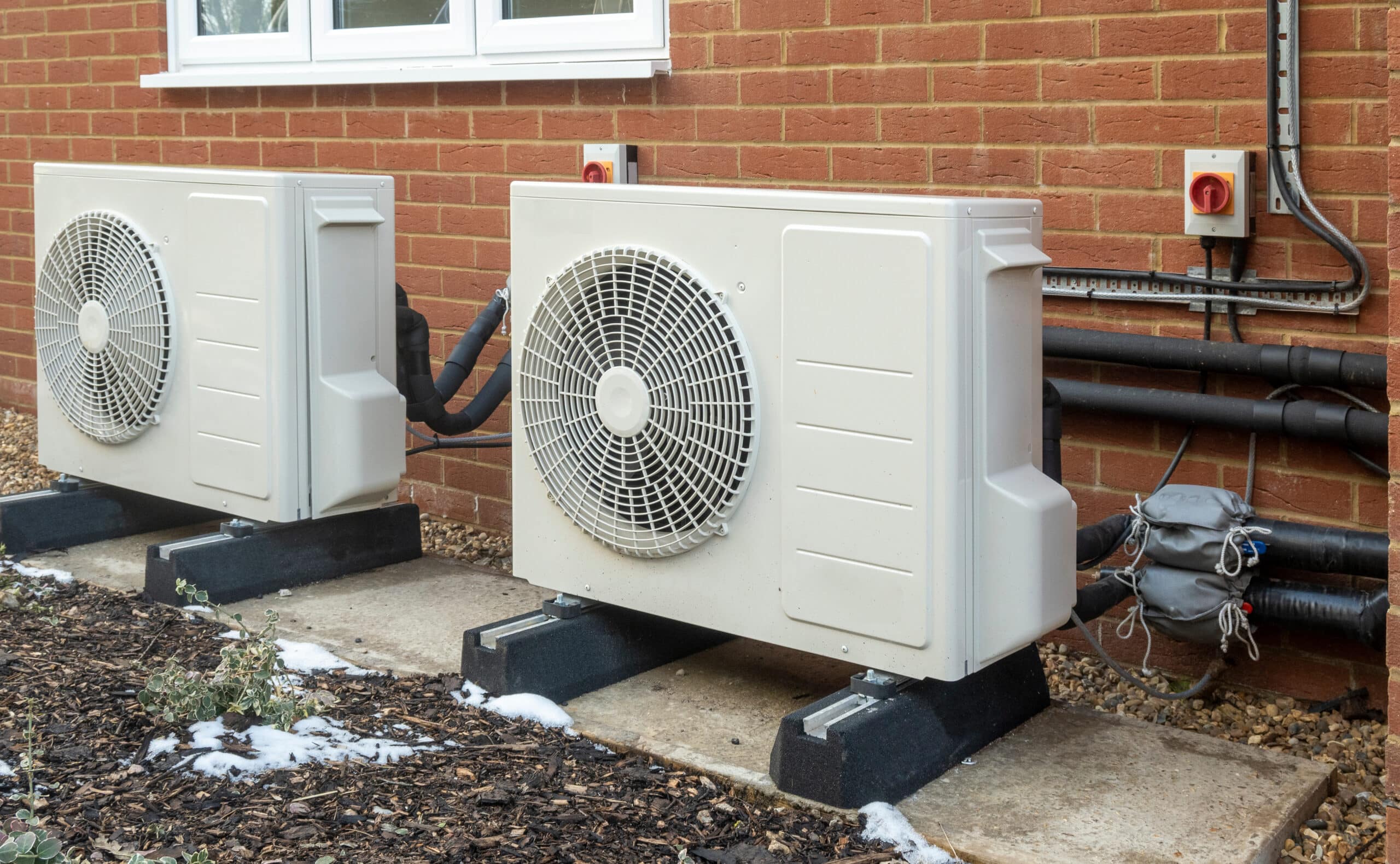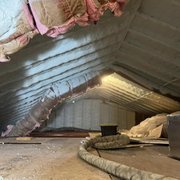Your playbook to smarter savings with HVAC Coral Springs
페이지 정보
Writer Dennis Date Created25-10-27 06:20관련링크
본문
| Country | United Kingdom | Company | Delany Request a free HVAC assessment Dennis GbR |
| Name | Dennis | Phone | Delany & Delany LLC |
| Cellphone | 7010036212 | dennis.delany@cox.net | |
| Address | 62 Park End St | ||
| Subject | Your playbook to smarter savings with HVAC Coral Springs | ||
| Content | Seasonal heat and sudden storms can stress any system, so a maintenance-first mindset pays off. In Heating, Ventilation & Air Conditioning Coral Springs projects, small choices map to big results, from airflow balance to warranty protection. We focus on practical steps: right-sizing equipment, building a simple plan, and timing work to avoid peak loads. The payoff is comfort stability and trimmed utility costs. We’ll outline a clear path that blends planning, materials, workflow, and risk control, plus how upkeep protects your investment. Expect concrete examples from real-world home and light commercial settings, not theory. Keep this checklist handy when you evaluate proposals. You’ll see how smarter scheduling reduces downtime, how better filters protect coils, and how quick checks catch leaks early. The right routine prevents cost creep and emergency calls. Let’s build a plan you can use this week, and keep using all year.  Scope smart projects for steady comfort in Coral SpringsDefine your goals, the space you’re conditioning, and the limits of time and budget. You can compare scope items and timing windows residential heating & cooling specialist with a short, written checklist. Map room sizes, insulation levels, and duct conditions; log hot spots and air leaks. This makes estimates comparable and easier to approve. Include the service area, delivery access, and any sound limits for neighbors. Use plain language for each task: load calculation, duct repair, control setup, and test procedures. Include one line for HVAC services Coral Springs so everyone knows the inclusions. Pad the schedule when rain or heat spikes loom. Tie each task to a measurable outcome, like "hold 75°F at 50% RH by 4 p.m." These specifics prevent scope creep. Choose durable equipment and eco-minded inputs that lastSelect equipment by need, not hype: capacity, moisture control, and part availability. Many homes pair a variable-speed air handler with a high-MERV filter, then coordinate with Air conditioning services Coral Springs for proper sizing. Cross-check SEER2, sensible heat ratio, and sound ratings; avoid oversizing that short-cycles. Ask about lead times on coils and thermostats. Verify refrigerant type and parts support in your area. Sourcing matters too. Favor reusable condensate traps, corrosion-resistant fasteners, and UV-stable line-set insulation. The best filter is the one you’ll change on time. Use sealed, mastic-backed duct fittings over just tape. Better parts boost airflow and reduce strain. Keep spares for contactors and capacitors to stay ahead of wear.  Stage clean workflows and reliable scheduling for crewsBuild a day-by-day plan: prep, removal, install, and verification. Crews move faster when staging is ready, so list disposal, lift points, and attic access residential air conditioning repair before they roll. Place tools, filters, and fasteners within reach; protect floors and attic decking. Clean sites protect equipment and people. Post a basic sequence on the wall, with contacts for quick approvals. Break out service windows for emergencies and tune-ups so routine doesn’t block urgent HVAC repair Coral Springs calls. Use text updates for arrivals and delays. Time noise-sensitive tasks to avoid disruption. Confirm power shutoffs and breaker labeling. A simple checklist prevents backtracking. Coordinate delivery slots, crane access if needed, and final testing for HVAC installation Coral Springs work. Leave cushion time to fix surprises, like crimped ducts or mismatched control wiring. Snap proof for warranty and reference. Balance supply and return flows, then record static pressure. Give users a one-page guide for first-week adjustments. Verify safety checkpoints and mitigate common HVAC project risksQuality steps are short and simple: measure, record, and compare to targets. Start with airflow, delta-T, and drain performance, then confirm seasonal settings Click here for HVAC services against your original plan. Log refrigerant readings only when needed, and monitor coil frost or sweat. If numbers drift, adjust before you leave. Take final photos of filters and electrical lugs. Plan maintenance from day one; it’s cheaper than fixes later, especially with HVAC maintenance Coral Springs in humid months. Set filter changes by household load and pet dander, not just a calendar. Add algae tabs where growth is common. Vacuum return grilles and seal duct leaks as they appear. These habits slash risk. Licensing, permits, and insurance protect you when surprises strike, so document them with your HVAC contractor Coral Springs before work. Verify load calculations and ventilation meet local codes. Confirm smoke detector placement and clearances. Test CO alarms after any gas work. Doing it right keeps people safe. Plan upkeep routines and lifecycle value from day onePut upkeep on a simple calendar so it actually gets done. Homeowners often succeed with quarterly reminders, plus a storm-season check for Residential HVAC Coral Springs that includes filters and drains Coral Springs HVAC experts before heavy heat. Tie chores to dates you already notice. Keep one boxed filter near each return. Easy wins become lasting habits.  Track energy bills, noise, and room balance; each is an early signal. If the kids’ rooms warm up first, check supply runs for crimps. Note changes as soon as they appear. Review your notes at six months and one year. Commercial HVAC Coral Springs teams can mirror this with checklists and quarterly walk-throughs for small offices, using simple pass/fail steps and a short image log. Conclusion: Good outcomes come from clear scope, smart materials, smooth schedules, tight quality controls, and steady upkeep. Treat maintenance as strategy, not chores. With a few routine checks and well-timed visits, systems run longer and calmer. Start small this week, and let the results stack up. |
||


 CS Center
CS Center